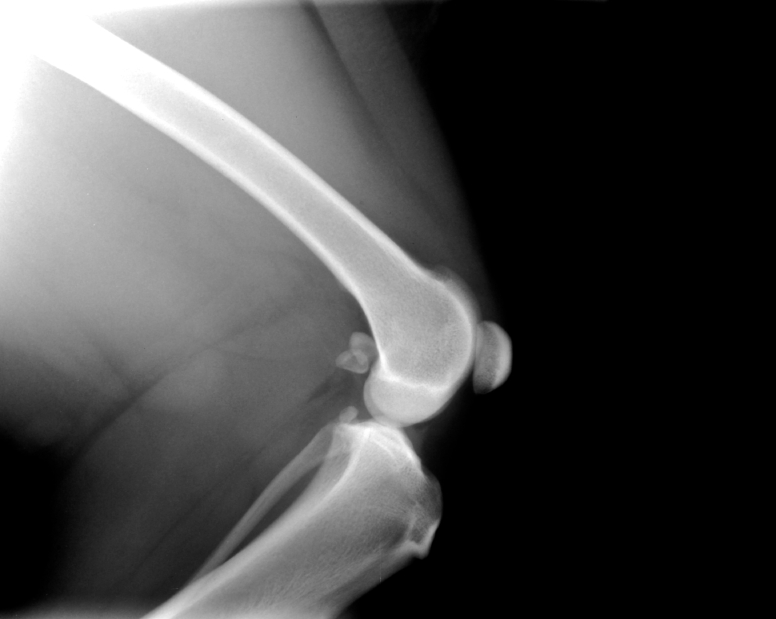Big Dog Illnesses And Little Ones Too
I anticipate closing this website and completing a full transition to my substack account by the end of the year. Please sign up for the substack newsletter if you wish to stay informed about things going on at Yankee Shelties.
You can also find a link to book grooming/boarding service there. Or just bookmark the customer log in page to your "favorites" list
Call me paranoid, but I like to know my enemies. As the saying goes, “Keep your friends close but your enemies closer.”
The best way for me to do that is to have a basic understanding of the many canine diseases my Shelties could be exposed to and then be prepared to act.
I have been very fortunate to have generally healthy Shetland Sheepdogs, which interestingly makes it tougher for me to handle any illness.
The slightest hint of sub-optimum health seems like such a major assault on them. I go quickly from, “They are going to be fine.” To, “OMG, they are going to die!'
Gray is a difficult color for me. I tend towards black and white.
First Step Is To Know The Enemy
Reading helps. A lot. The more I read, whether I agree or disagree with the author, the more it clarifies my position, brings to light the holes in my logic and allows me to become more sure of where I stand on dog illnesses.
Even if most of the book was a total bust, I usually walk away with at least a snippet or two of valuable information or a lead to follow in my further quest for answers.
So I encourage you to do the same. your Shetland Sheepdog depends on it.
Next Is to Have Some Ammunition Against Dog Illnesses
I found having an ear to the ground when it comes to knowing what symptoms to watch out for and having supplies on hand to counteract the assault quickly gives me a sense of security.
That and having a vet or two that I trust when the situation gets beyond my abilities to control, lets me breathe easier.
I wanted to share what I know so should you question what is happening with your pup, there is a small resource from which you can draw.
Rally The Troops When Support Is Needed
Obviously, you too, need a vet or two you can trust. Not everything can be handled at home. Not everything can be diagnosed by someone without extensive veterinary knowledge.
At the very least, surgical talents are well beyond any of us.
As always, I continue to learn and research and try new ways of doing things. It’s a journey, not a destination. This is a philosophical position that I take with most things in my life.

An interesting aspect of this little lifelong trip is that the more I get used to "natural", "herbal", "alternative", the more comfortable I become with a proactive, immune building stance, as opposed to treatment of a disease.
Which doesn't mean that I will never use allopathic drugs. I prefer natural, less harmful substances, but if push comes to shove, I will give what is necessary to get my pup's health back on track. It also doesn't mean my dogs will never get sick, just hopefully much less often.
Some conditions, such as fatty tumors in older dogs, while generally not needing allopathic intervention, can be helped with herbal supplements.








